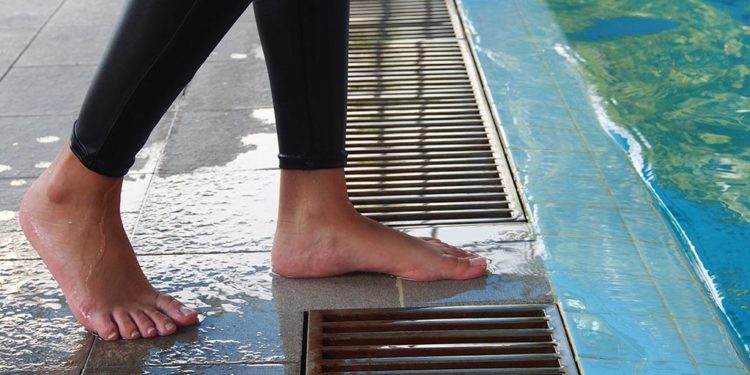An aquatics facility is a large investment, benefit and potential liability. Regardless of the size of the facility, the management team must be trained in proper pool operations. Management is responsible for the health and safety of both swimmers and staff. In addition to the technical aspects of pool operations — such as water quality and equipment care — facility management must also be well-versed in risk management. Having a plan in place for risk management at aquatics facilities is key to safe and successful operations. It can also help staff and the facility in the event of a lawsuit or other legal issues.
There are four key factors to consider when developing a plan for risk management at aquatics facilities:
1. Negligence
Negligence is the term used when there is an avoidable accident that should have been anticipated and prevented by taking reasonable precautions. An individual can be considered negligent even if no harm was intended. Most legal matters involving aquatics facilities center around the concept of negligence.
2. Standard of Care
The standard of care is what all actions are compared to and what the law will use to determine whether there was negligence. In the aquatics industry, the standard of care includes proper water disinfectant levels, no broken glass on deck, main drain covers are intact and in place, adequate signage, and having trained and certified pool operators on staff.
3. Duty of Care
For an aquatics facility, the duty of care is the amount of reasonable care owed to individuals using the facility. Pool operators must act in a way that does not create an unreasonable risk of harm to swimmers or fellow staff members. Pool operators have a legal relationship between themselves and the facility’s patrons. Duty of care also covers the proper use and maintenance of the facility’s equipment.
4. Record Keeping
Having detailed and accurate records is essential to protect a facility against possible lawsuits. Documentation showing a facility meets the standard of care is an important part of the defense.
In addition to the above, the aquatics facility management team should consult with an attorney to address any questions or issues.
Keeping aquatics facilities safe and healthy for patrons and staff leads to the continued fun and joy of aquatics.
Amy Willer is the associate director of Marketing and Communications for the Pool & Hot Tub Alliance, the nation’s largest professional trade association for the pool, spa and hot tub industry.Reach her at awiller@phta.org.










